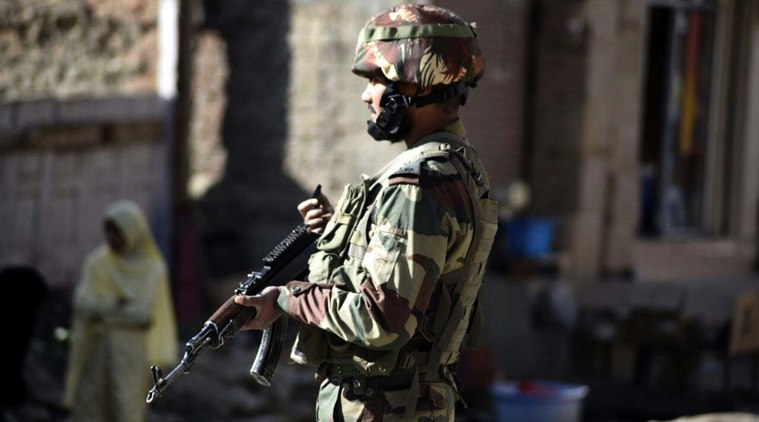In 2019, a new outreach
J&K needs a coordinated effort from all stakeholder organisations

Given the developing regional geopolitical environment at the end of 2018, the feasibility of any movement towards “meaningful” engagement with Pakistan in 2019 appears remote. This hypothesis will have the maximum impact on the situation in J&K, where we can currently boast of military achievements through 2018 but little else. These achievements have resulted in neutralising a large number of terrorists, mostly local. But, they have created an almost similar number of terrorists through recruitment and infiltration, leaving us in sheer quantified terms, where we began in 2018. Politically, the state transited to Governor’s and then President’s rule. It witnessed the successful conduct of the municipal and panchayat polls; but the true proof of success will emerge only when a degree of empowerment of the local bodies occurs. There can be little doubt that the stabilisation of the security situation is necessary for the emergence of initiatives in political, social and economic spheres. While the governor’s administration gamely attempts transformational governance without the baggage of politics, what it could be missing out on are the much-needed and oft-demanded initiatives of public outreach.
Surprisingly, the one community of professionals who vouch for the effectiveness of non-military initiatives are military commanders, past and present. Experienced police officers too are of the same opinion. While the army’s Operation Sadbhavna (a military civic action initiative of 20 years) has helped in extending marginal outreach, the lack of mass engagement has prevented the development of any perception change and the creation of alternative narratives to counter the propaganda from Pakistan and the separatists. The army’s initiatives are personality and formation based; the J&K Police is far too embroiled in policing issues. The CRPF, deployed in strength in the urban areas, has been insufficiently used. The political community is largely marginalised in the Valley heartland due to personal security issues and the local administration, despite having some experienced officials, cannot initiate social outreach measures.
Thus, while every well-meaning person in the rest of India decries the insufficiency of outreach and inability to counter propaganda from Pakistan and the separatists, what has been severely lacking, in fact, is the institutional will to follow a doctrine which has existed for long, but without detail on the execution element. It would be sacrilege to not point out one organisation which has the understanding and has been making efforts towards counter-radicalisation: The Ministry of Home Affairs (MHA). However, isolated efforts by different organisations prevent the emergence of a cogent strategy. This needs to be overcome in 2019. There are four areas in this “outreach strategy” that need refinement and coordination by all stakeholder organisations. The intelligence agencies need to provide their support.
The first involves direct outreach. A model for that exists from 2010-12 when the army successfully undertook the conduct of public meetings or “awami sunwais” in the field in areas where the reach of the administration had become marginal. In a short while, there were political leaders and administrators clambering on to the bandwagon under the security cover and characteristic “bandobast” of the army. Local problems that were languishing over time were corrected by officials through direct contact with the people. It gave an opportunity to the leaders and the administrators to listen to the people. A deliberate effort was made to engage with the youth through meetings at universities and schools, something that is difficult to imagine today. The recruiting rallies for different central and state institutions must be exploited for such windows of engagement, as the youth is usually in a different frame of mind while seeking employment opportunities. The idea here must be to give maximum opportunity to the common citizens to speak, criticise and complain, so they can realise that there are enough people willing to listen rather than talk down to the common Kashmiri.







































No hay comentarios:
Publicar un comentario